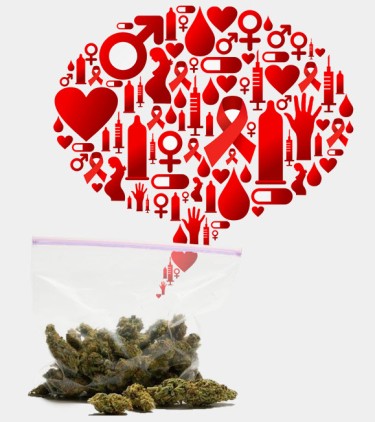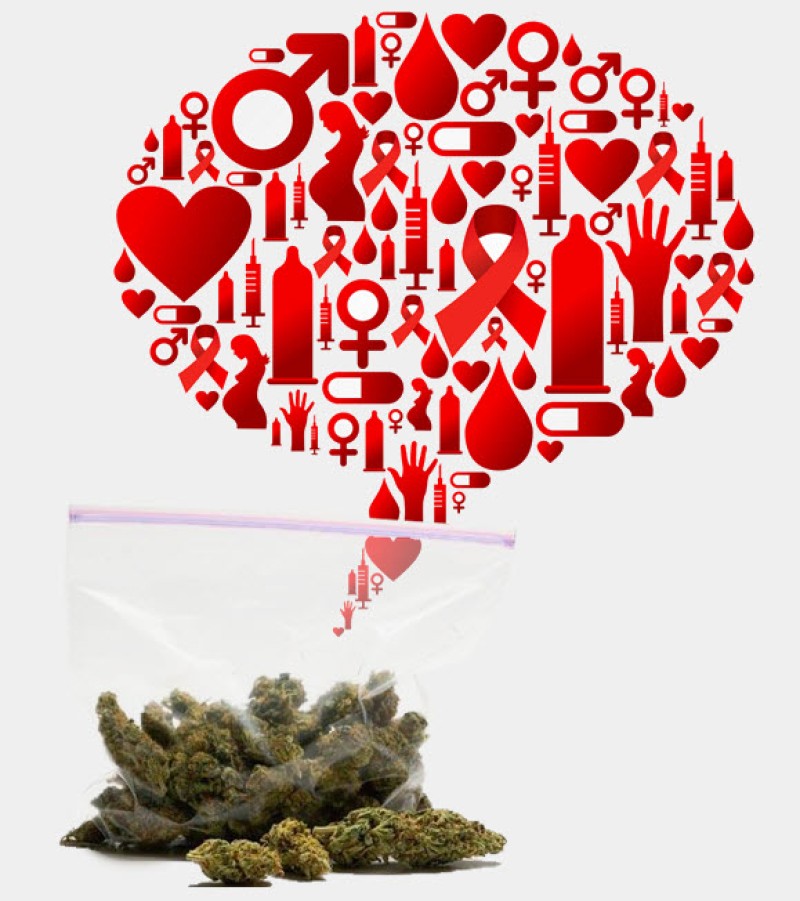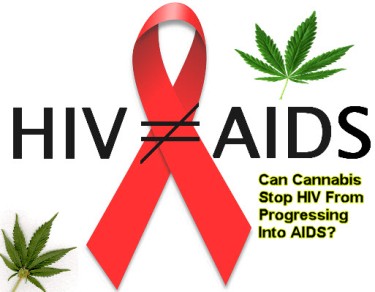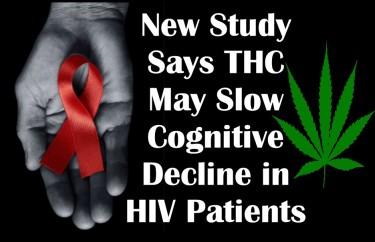
According to the World Health Organization, there are around 37.7 million people who are living with HIV globally, based on 2020 data.
People who live with HIV have to be on a variety of medications to manage their symptoms, and many of them have to deal with chronic pain. HIV-related pain is common, and it can happen at any stage of the disease. Pain can affect any part of the body though as the disease worsens, so does the pain.
HIV-related pain can be caused by a range of reasons though the most common ones are peripheral neuropathy, abdominal pain, pain in the bones, muscles, and joints, as well as headaches.
That’s why a natural and safe way to treat HIV symptoms, including pain, is critical.
NIDA Grant
Earlier this month, three researchers studying at the University of Mississippi School of Pharmacy were given a $1.37 million grant by the National Institute on Drug Abuse (NIDA), in order to continue working on treating HIV pain through cannabis.
The researchers, Jason Paris, Mahmoud ElSohly, and Nicole Ashpole, are currently identifying the cannabinoids in the plant that are beneficial for their anti-inflammatory and analgesic properties that don’t have the addictive side effects of conventional medications and opioids. Together, they have combined expertise that provides them a competitive edge as a research team. Paris and Ashpole work in the Department of BioMolecular Sciences, and have specialties in aging, inflammation, pain, and HIV. Meanwhile, ElSohly is currently the university’s director for the Marijuana Project, as well as a professor of pharmaceutics and drug delivery; he is knowledgeable on the various compounds in cannabis as well as their effects.
“Cannabis has hundreds of compounds in it other than THC and CBD, and we don’t know much about how these compounds might affect the human body,” explains Ashpole, who is also an assistant professor of pharmacology. “By exploring the effects of these compounds against HIV pain, we can gain insight into their potential benefits or risks in numerous other inflammatory disease states.”
It’s hopeful that their research would provide significant improvements compared to current treatments being given to HIV patients. “Clinicians have found that HIV-positive patients use cannabis more frequently than the uninfected population,” adds Paris. “When these patients are asked why, they often say that cannabis manages their chronic pain, which HIV predisposes them to, to a greater degree than currently available therapeutics,” she says.
“Our preliminary data suggest that some of the nonpyschoactive compounds in cannabis can reduce inflammation in the central nervous system and HIV-related pain using in vivo models.”
The University of Mississippi has long been involved in cannabis research, and the on-site National Center for Natural Products Research has been instrumental in helping standardize marijuana products for research because of their NIDA contract. “Our research capability, our expertise, our knowledge in the areas of cannabis chemistry and production, our personnel and facilities – everything reflects our deep commitment to excellence in cannabis research,” says ElSohly. “We are proud of the work we have done and continue to do as this field of research continues to grow.”
Since 1968, the university has been working with marijuana even before it was included as part of the Controlled Substances Act, and it was also before the NIDA was created to assist in the development of its use in therapeutics and public health.
“The school of pharmacy has a long-standing expertise in cannabis-related research,” said Ashpole. “I feel very fortunate to be in an environment that is recognized as a stronghold in this field, and I’m delighted to think our ideas can continue to expand the research program here at the university.”
Other Benefits Of Cannabis For HIV
The nature of HIV is that it continues to weaken the human body over time because it kills off the protective white blood cells. Without proper treatment, people with HIV will eventually die because they are unable to fight off disease. A compromised immune system because of HIV is prone to fatal conditions such as pneumonia, meningitis, tuberculosis, encephalitis, cancers, and chronic diarrhea among many others. On top of all that, HIV can even advance to AIDS, which is the deadliest case of HIV infection.
There have been many studies documenting the benefits of cannabis for HIV patients, and the results have been promising so far.
Here’s what we know about how cannabis can help HIV patients:
Appetite stimulation: HIV patients tend to lose a significant amount of their body weight because of the loss of appetite. Tetrahydrocannabinol (THC), the psychoactive compound in the plant, is famous for its hunger-inducing properties and is widely used by many people to promote weight gain for healing, such as those who are in treatment for cancer. In addition, a 2005 survey of 253 HIV-positive patients revealed that 27% of respondents were using cannabis to treat those conditions, while 97% of them said that it was beneficial in improving their appetite.
Nausea: HIV patients commonly experience nausea as a side effect of medications as well as from the disease itself. Many compounds in cannabis strains are effective in treating nausea, which is why it’s widely used by others who experience it caused by other conditions such as chemotherapy and radiation.
Peripheral neuropathic pain: Many HIV patients have to live with peripheral neuropathy, a chronic condition that results from nerve damage. The HIV virus itself can damage the motor, automatic, and sensory nerves while medications can make it all worse. In many cases, peripheral neuropathic pain makes obtaining quality of life difficult, but cannabis has been shown to help. In 2010, a study revealed inhaling THC was beneficial for patients to reduce the pain associated with neuropathy, cancer, and other chronic as well as acute conditions.
Bottom Line
There is hope for HIV patients who want to find relief from all the pain and symptoms. Let’s hope that the researchers produce timely results for all HIV patients and their loved ones.
CANNABIS AND HIV, READ MORE...
CAN CANNABIS STOP THE PROGRESSION FROM HIV TO AIDS?







